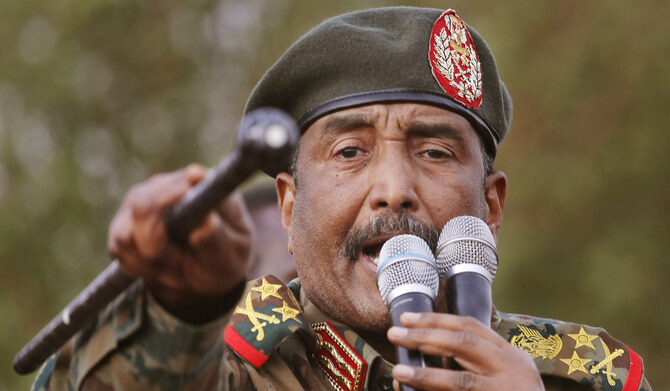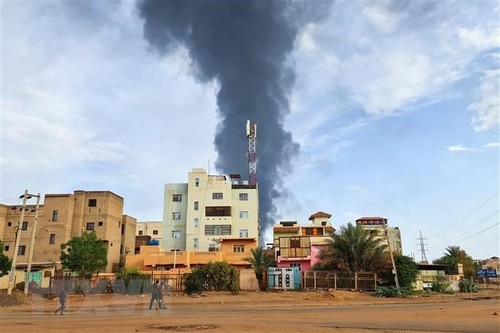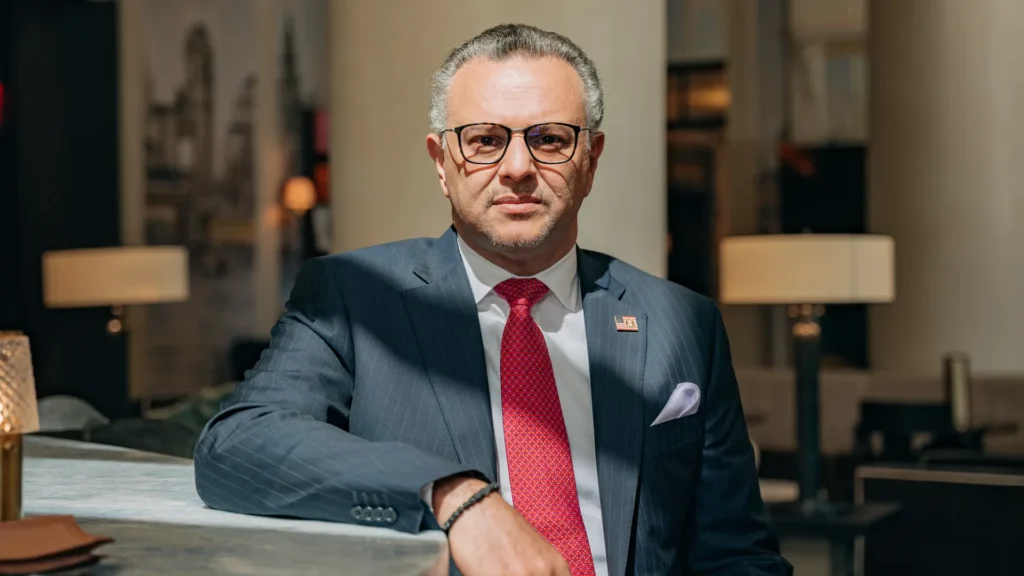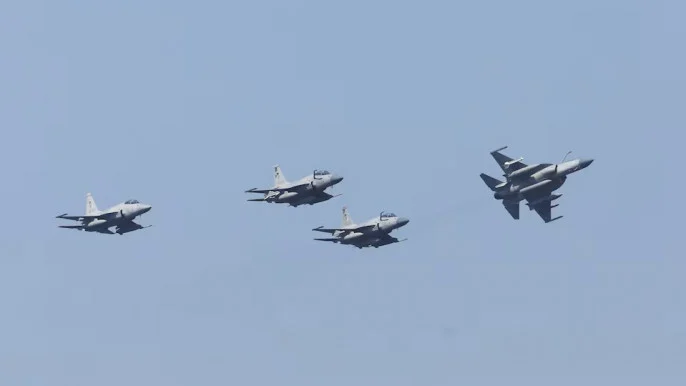
Mohammed Hamdan Dagalo, known as Hemedti, presents his Rapid Support Forces as defenders of Sudan’s neglected peripheries and forgotten communities. Experts argue this positioning is no accident, describing Sudan’s brutal conflict as a “war of visions” rather than simple power struggle.
Daniel J Deng, a peace-building analyst, says the fighting reflects competing models of governance that determine Sudan’s very future. Hemedti frames his struggle as continuation of John Garang’s dream: a pluralist Sudan built on inclusivity, federalism, and secular governance.
Garang’s vision collapsed after his 2005 death, leaving Sudan vulnerable to centralist dominance and South Sudan’s eventual secession six years later. Now, Hemedti claims that mantle, forging alliances with rebel groups and demanding equal citizenship, dignity, and decentralised governance.
In contrast, General Abdel Fattah al-Burhan defends Sudan’s traditional centralist, Islamist-dominated model through the Sudanese Armed Forces. Burhan’s approach reintroduces Islamist figures into state institutions, reinforcing centralist control that Deng says is increasingly misaligned with Sudan’s realities. Past accords, such as the Juba Peace Agreement, failed by imposing elite bargains instead of empowering grassroots legitimacy and local consent.
Deng insists Sudan’s survival depends on transcending binary debates of unity versus secession and embracing layered, decentralised governance. As peace talks resume, experts warn against quick fixes and emphasise that Sudan’s future demands reimagining its entire political architecture.




